When writing a good essay, you want to capture the reader’s attention from the very first sentence to keep them focused throughout the following text. The ‘hook’ of an essay is that opening sentence – the first impression that sets the tone for the rest of your writing. It’s the bait you use to catch your readers, urging them to continue going deeper into the text. And since it is kind of an art form, you need a certain knowledge to craft perfect hooks. In the guide below we will give all the necessary details on how to make a good hook, so you better don’t skip on reading this article the whole way through.

✅ AI Essay Writer ✅ AI Detector ✅ Plagchecker ✅ Paraphraser
✅ Summarizer ✅ Citation Generator
Hooks for Essays: What Are Those?
An essay hook is essentially the first one or two sentences of your essay. Sometimes though (if it is relevant to your writing) it can even take the space of the whole first paragraph. Its main purpose is to intrigue your audience and pique their interest, compelling them to continue reading. If you are wondering why you need a well-crafted hook here are just a few reasons off the top of our heads:
- To draw in the readers
- To seamlessly connect to the broader theme or argument of your essay. Depending on the type of essay you are writing, your hook can be in the form of a question, a surprising statistic or fact, an anecdote, a quote, or even a vivid description.
- To set the tone for the rest of your writing
See, you don’t write your text just for yourself – you are doing it for your audience, whoever that might be. That’s why you need to make your reader want to stick out till the end of the text, and do that from the very beginning.
Top Hook Sentence Starters: Types and Examples
If you ask different writers, some of them might say that a rhetorical question makes a good hook, or that adding a quote is a much better way to start your writing. The thing is, all of these statements are true. There are several ways to create good hooks for argumentative essays. Choosing the one for you will depend on the audience, your writing style, and the topic of your text.
💬Quote
You may have seen that a lot of texts (not just essays, for that matter) start with some kind of quote, either from a book, article, a famous person, or even the writer’s relative or friend. The reason behind this is that it is rather a simple way to intrigue the reader from the very beginning.
Quotes are compact and mostly widely recognizable, and they present the main idea of your text right away. To find a fitting quote, you can explore classic literature, speeches by influential figures, research articles, or even poetry. The key is to select a quote that aligns with the essay’s subject and contributes meaningfully to the argument or narrative being constructed.
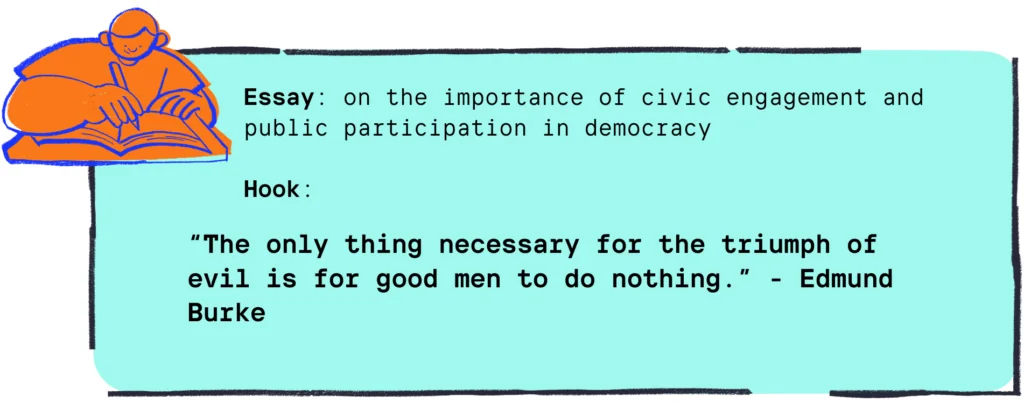
❓Rhetorical Question
A rhetorical question is a query that’s posed for its persuasive effect rather than a direct answer. By asking a question, you directly engage the reader, prompting them to consider their own stance or feelings regarding the topic at hand, thus creating a deeper personal connection between them and the text they read.
Essays that stand to benefit most from a rhetorical question as a hook are those that aim to explore moral dilemmas, provoke critical thinking, or challenge conventional beliefs. This type of hook is ideally suited for audiences who enjoy intellectual engagement and are prepared to contemplate complex issues. A well-built rhetorical question should be open-ended, avoiding simple yes or no answers, and should ideally lead seamlessly into the argument or thesis of your essay.
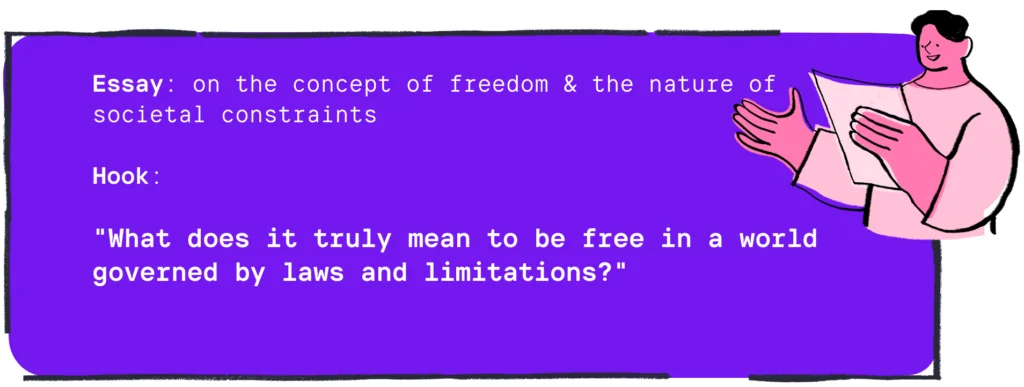
📊Statistic/Fact
Integrating a fact or statistic into your essay’s opening can instantly ground your reader in the reality of your topic. It offers them a tangible piece of evidence that vividly shows the importance of the issue you present. This type of hook is particularly effective in persuasive or argumentative essays where empirical evidence can support your stance right away. A compelling fact or statistic surprises (or shocks) the reader as well as provides a solid foundation for the arguments that follow. This makes it easier for your audience to appreciate the significance of your essay.
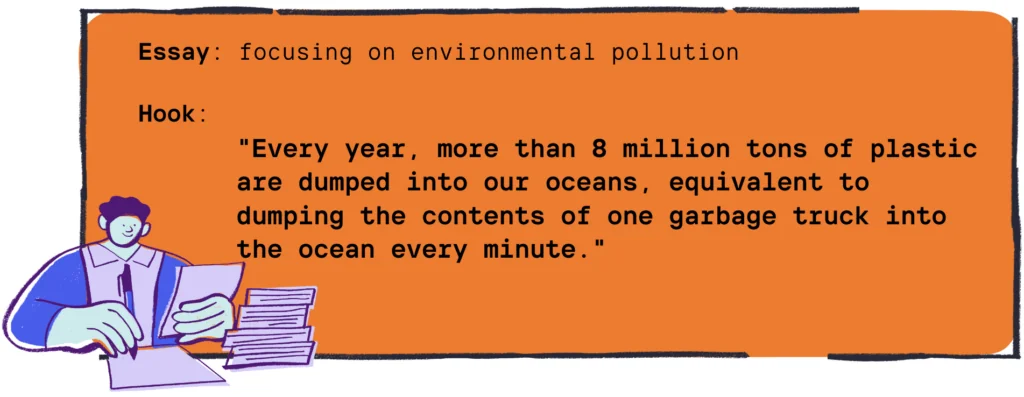
🗣️Anecdote
Anecdotes are brief, engaging stories showcasing a slice of life. This can help reveal the essay’s theme, making the topic relatable and memorable to the audience. An anecdote hook works exceptionally well in narrative and college application essays, or pieces designed to evoke an emotional response or deeper understanding of a universal human experience.
To make your anecdote work as a hook, you can use the STAR (Situation, Task, Action, Result) method. Using this approach, you structure your story by first setting the scene (Situation), then describing the purpose (Task), detailing what was done (Action), and, finally, revealing the outcome (Result).
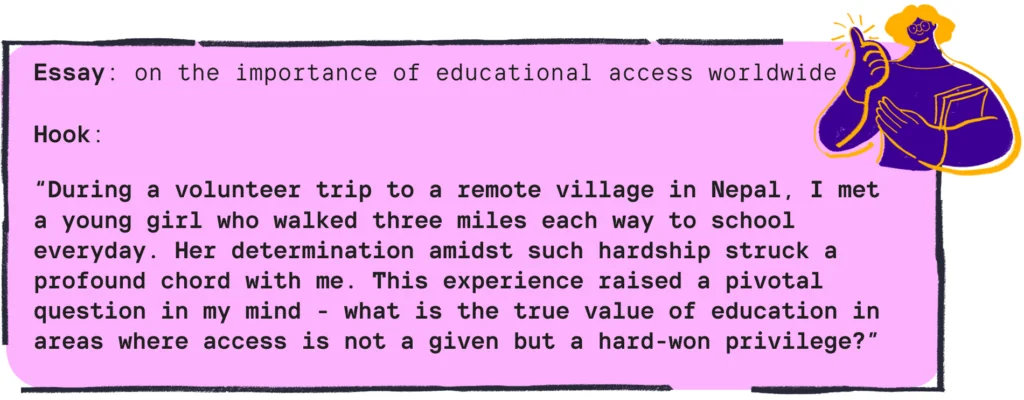
🧐Common misconception
Starting with a common misconception is a dynamic way of engaging with the audience. With such a hook you can challenge their beliefs and assumptions. Using a widely held but incorrect belief, you immediately create a narrative tension that compels the reader to continue, eager to uncover the truth. This method is particularly effective in essays that aim to debunk myths, promote critical thinking, or introduce lesser-known facts about popular topics.
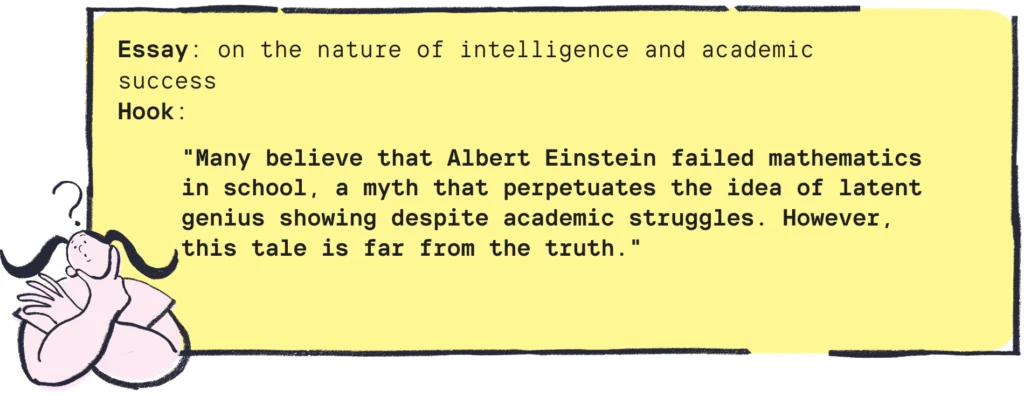
✍️Description
Descriptions are mostly used to transport the audience into the discussed scene or subject matter This technique involves painting a detailed picture with words and using sensory descriptions to evoke the sights, sounds, smells, tastes, and textures relevant to your essay’s topic. Description hooks are particularly effective in narrative essays, descriptive pieces, travel writing, and essays aiming to evoke a strong sense of place or atmosphere.
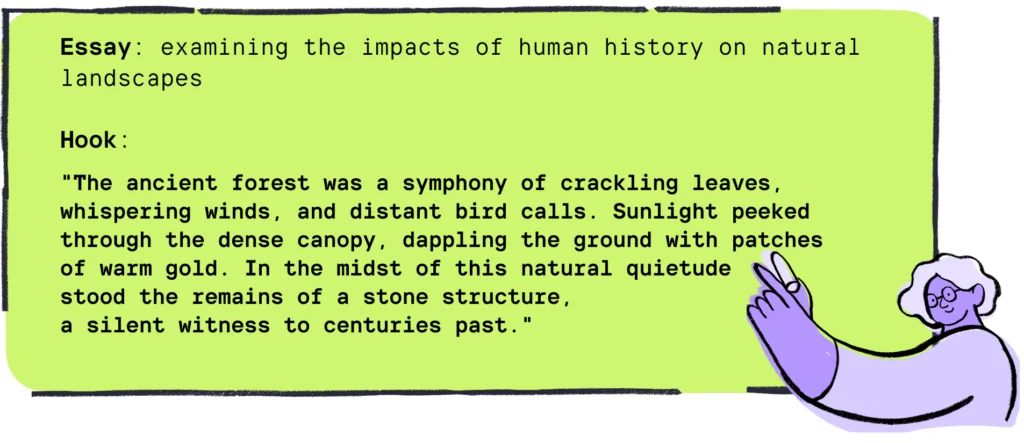
😂Joke
Jokes tend to lighten the mood especially if the topic lends itself to a humorous approach. Therefore, using it as your opening statement can spark joy or amusement in your readers, making them want to stay for a heartwarming story. This type of hook is mostly used to set a friendly and approachable tone for the piece. Note though, that your joke needs to balance humor with the serious intentions of the essay, providing an inviting entry point without undermining the piece’s overall message or purpose.
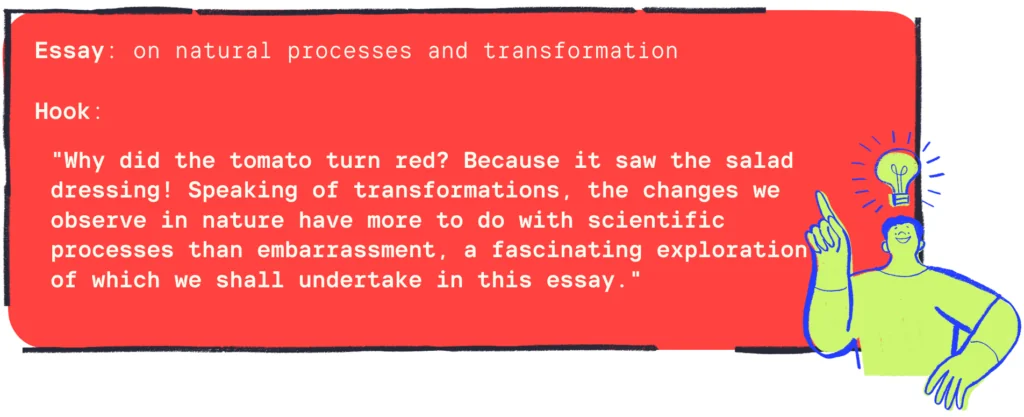
Key Steps & Tips on How to Write a Hook
Now, you know what a hook is and what types of opening sentences there can be. Overall, this knowledge is enough for you to understand how to start your essay in an attention-grabbing manner. However, we have a few notes on how you can build your writing process specifically to create a compelling hook:
- Understand Your Audience: Tailor your hook to the interests and expectations of your readers. Consider the style and level of formality that will work for your audience.
- Define the Tone of Your Essay: The overall tone of your essay is important, and the first sentence or two should also be written in the same style. Whether it’s serious, humorous, or somewhere in between, stick to the initial way of writing.
- Make it Relevant: Your first sentence needs to be relevant to your essay’s main theme or argument. After all, you don’t want to confuse your reader.
- Keep it Concise: As a hook is just an opening statement, it should be brief and impactful, setting the stage without overwhelming the audience.
- Experiment: Don’t be afraid to try different types of hooks to see what works best for your essay. After all, all texts are different.
We have also a few extra tips on how to make your first couple of sentences more authentic and gripping. For example, you can use sensory details to add depth and imagery to your words. It especially works for description hooks. Be careful with cliches and popular phrases though. Besides, don’t give away too much information in your hook – leave your readers wanting more. Have fun with it, play around with words, and maybe add puns. Writing a hook can be a creative and exciting process, so embrace it.
What Makes The Good Hooks for Essays
What fundamentally distinguishes a compelling hook from a bland one is its ability to instantly grasp the reader’s attention and seamlessly connect them to the core theme of the writing. In essence, a good hook is the one that is a) relevant and b) intriguing. And what should influence your choice of the right hook is the initial intent of the writing. Understand the purpose behind your work— to inform, persuade, entertain, or provoke thought— and you will certainly make the right choice for your first few sentences.
Sometimes though, even the most creative of writers can’t come up with a great starter on the spot. If this is your case, don’t fixate on the situation. Continue writing your essay and after it’s done come back to the introduction. This way you will already have an idea of how your essay looks like and the key points it discusses, so it will be much easier for you to pick an opening line for your writing.
It is also a good idea to reflect on the emotions or reactions you want to evoke in your readers. This will help you choose a quote or an anecdote that will adequately convey those exact feelings. And don’t tie yourself to the conventional ways of building hooks. You can always try and come up with something unique, that will fit best for your essay specifically. Experimentation, paired with a deep understanding of your intended audience and the core message of your piece, often leads to discovering that perfect starting point for your writing.
Key Point
Creating a perfect hook is all about building an immediate, meaningful connection with your audience. The key lies in understanding who your readers are and what resonates with them, then carefully selecting and writing down an opening that aligns with the overall tone and theme of your essay. It doesn’t really matter whether you use a poignant quote, a compelling question, or an intriguing statistic. The right hook can transform the ordinary into the extraordinary, turning passive readers into active participants in the narrative you’re building.
FAQ
Follow us on Reddit for more insights and updates.
Comments (1)
Welcome to A*Help comments!
We’re all about debate and discussion at A*Help.
We value the diverse opinions of users, so you may find points of view that you don’t agree with. And that’s cool. However, there are certain things we’re not OK with: attempts to manipulate our data in any way, for example, or the posting of discriminative, offensive, hateful, or disparaging material.


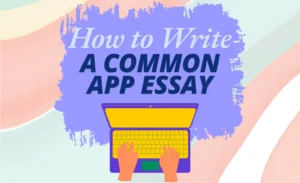
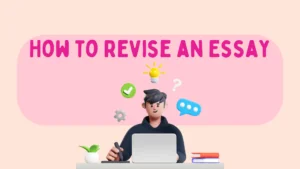
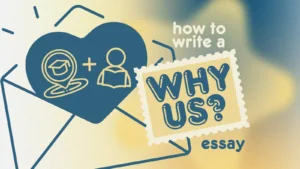
Can incorporating sensory details like taste and touch help create a more engaging and immersive reading experience for the audience?